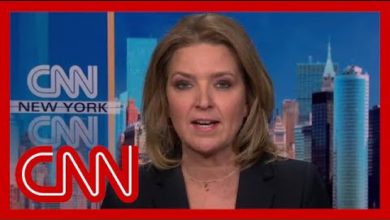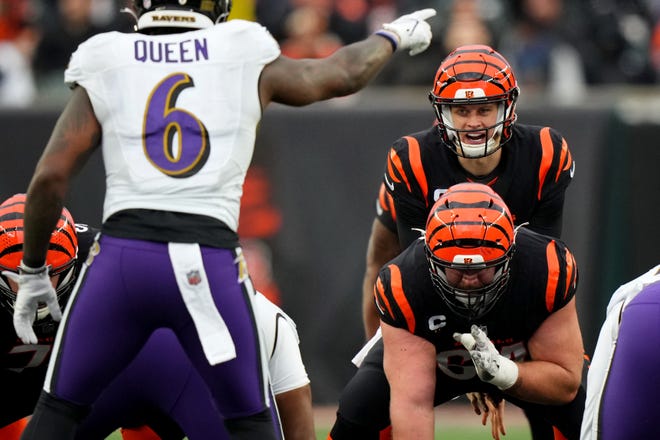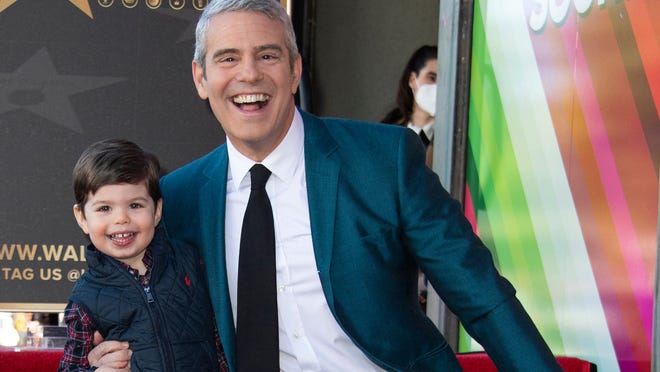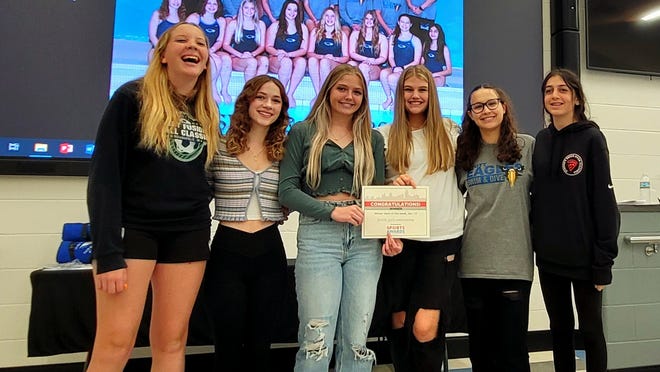When #MeToo exploded, cancel culture came for powerful men accused of abuse. It came for director Woody Allen, now the subject of HBO’s new docuseries "Allen v. Farrow," which re-examines sexual abuse allegations made in 1992 by Allen's adopted daughter Dylan Farrow when she was 7 years old. She's now 35.
For nearly three decades, the accusations against Allen have trailed him but until recently had not derailed him. Hachette Book Group said last year it would not publish his memoir, Amazon terminated a four-picture deal, and some actors have said they will not work with him again.
But even as #MeToo drew Allen into its reckoning – in large part because of Farrow's insistence the public and his peers no longer look away – the allegations don't appear to have completely destroyed his career. Allen was able to find another publisher for his book and some A-list stars spoke fondly of him.

Allen, whose story is further complicated by his marriage to the adopted daughter of his former partner Mia Farrow, has repeatedly denied the abuse. A spokesperson for Allen said in a statement the HBO series was a “shoddy hit piece” and that Farrow’s allegations are “categorically false.”
Cancel culture is one way survivors seek accountability in a society that systematically denies them justice. Cancel culture is what happens, experts say, when there is no clear social response to sexual violence.
It's what happens when the criminal justice system fails (the vast majority of perpetrators will not go to prison), when workplaces fail (more than seven in 10 survivors who experience workplace sexual harassment face some form of retaliation) and college campuses fail (college women are three times more likely than women in general to experience sexual violence).
"Cancel culture in some ways passes the buck of accountability on to the public," said Laura Palumbo, communications director at the National Sexual Violence Resource Center. "And that's something that people really struggle with. They struggle with all they do not know. ... Rather than deal with that, they just do what's comfortable, or even maybe what distracts them from those hard questions."
When no one's ever really canceled
For survivors of sexual violence, cancel culture is the equivalent of victims scrawling their assailants names on bathroom walls – it's a way of saying what needs to be said, and especially of warning others.
"Cancel culture is what happens when women feel they don't have power," said Nicole Bedera, an expert in sexual violence whose research focuses on campus rape. "It's what we are left with when our traditional institutions of accountability are not working."
But experts argue most powerful men are rarely ever truly canceled, except in the most egregious cases, and even then it can take decades such as with Bill Cosby or Harvey Weinstein.
Comedian Louis C.K., for example, is back doing standup after masturbating in front of women he knew professionally. Casey Affleck was sued by two women for repeated sexual harassment. He apologized for being "unprofessional" and has continued to make films.
Former political analyst Mark Halperin was accused by several women of sexual misconduct and was let go by NBC and Showtime. He later apologized for causing "pain and anguish," but also contended that some allegations were not true. He eventually went on to write a book and host Newsmax TV's show, "Mark Halperin's Focus Group."
After Weinstein:More than 100 high-powered men accused of sexual misconduct
"We really are talking about outrage for a few months. Some people might boycott a particular entertainer. ... They might lose one job. But they come back so fast," Bedera said. "It's really difficult to find an example of someone whose life was ruined, even if they deserved consequences for their actions. We mostly see injustice."
Most predators don't look like monsters
Experts say people want to believe it's easy to identify a predator. If we acknowledge the opposite is true, then we are all the more vulnerable.
Many people have an idea of a predator as a man who is dominant and aggressive, but Allen built his career on being insecure and neurotic. Many accused men, including Allen, do not fit the stereotype.
Analysis:The problem with thinking 'good guys' don't cross the line
"I get why people can't believe it because who on earth could believe that of Woody Allen?" Mia Farrow, Dylan's adopted mother, said in the documentary. "I couldn't believe it. ... Everybody admired Woody so much, you know – loved him. And I did too."

Experts say people don't want to believe someone who possesses qualities they admire could be capable of such malevolent harm.
"We have this idea that if you like someone ... there's no way they could commit an act of sexual violence," Bedera said. "But in reality, all people who commit acts of sexual violence are kind to some people. They have talents and skills and all of these other traits and so we say, 'Well, if somebody is capable of producing such a great movie, there's no way they can be evil all the way through.'"
Eight out of 10 rapes are committed by someone the victim knows, according to the Rape Abuse & Incest National Network. In many cases it's someone the victim loves.
Not a few bad men
Cancel culture makes it seem as though sexual violence is a problem of a few bad men. It isn't. Research shows:
"When it comes to accountability, it means recognizing that the problem is bigger than just that one person," Palumbo said.
#MeToo exposed more than individual bad men, but patterns of ongoing predatory behavior that were habitually ignored.
"There aren't sufficient systems in place that will ... support those survivors ... and then do professional, well-reasoned, fair investigations," said Tina Tchen, president and CEO of the Time's Up Foundation. "On the worst end of the spectrum, that lack of accountability allows people to abuse over and over again."
There is no one size fits all approach to accountability, experts say. Not all survivors want the same thing. Not all perpetrators deserve the same punishment.
Some survivors want their perpetrators to go to prison, others don't. Some want an apology, others would rather not face the choice of whether to forgive. Some want financial consequences, because it costs money to treat trauma and the chronic health conditions that follow an assault. It costs money when someone drops out of school or leaves a job.
But there are some things almost all survivors want, Bedera said.
Rape:Costs survivors stress, trust, sleep and about $122,00
"They want space from their perpetrator and they want their perpetrators to change their behavior so they cannot do this again easily, and if they're unwilling to change, they want them stripped of power," Bedera said.
Experts say when accountability looks like individuals deciding whether they want to watch a movie or not, that isn't much justice at all.
"It's not working for survivors where we all get to decide individually whether or not we want to do anything about this particular sexual assault, as opposed to saying, 'This is our social response to sexual violence. It is reliable, it is dependable, you can count on it. And we think it's the right way to address this problem,'" Bedera said. "We're missing that across the board. And it's really bad for survivors."
If you are a survivor of sexual assault, you can call the National Sexual Assault Hotline at 800.656.HOPE (4673) or visit hotline.rainn.org/online and receive confidential support.
Source link









